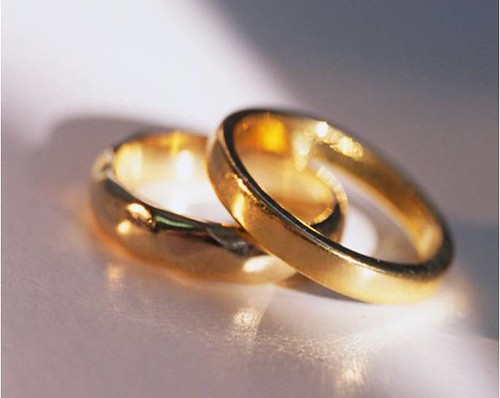Does marriage inhibit antisocial behavior?
.
Context Previous studies have indicated that marriageis negatively associated with male antisocial behavior. Althoughoften interpreted as a causal association, marriage is not arandom event. As such, the association may stem from selectionprocesses, whereby men less inclined toward antisocial behaviorare more likely to marry.
Objective To evaluate selection vs causation explanationsof the association between marriage and desistence from antisocialbehavior.
Design Co-twin control analyses in a prospective twinstudy provided an analogue of the idealized counterfactual modelof causation. The co-twin control design uses the unmarriedco-twin of a married twin to estimate what the married twinwould have looked like had he remained unmarried. Discordantmonozygotic (MZ) twins are particularly informative becausethey share a common genotype and rearing environment.
Setting General community study.
Participants Two hundred eighty-nine male-male twin pairs(65.1% MZ) from the Minnesota Twin Family Study underwent assessmentat 17, 20, 24, and 29 years of age. None of the participantswere married at 17 years of age, and 2.6% were married at 20years of age. By 29 years of age, 58.8% of the participantswere or had been married.
Main Outcome Measure A tally of criterion C symptoms ofDSM-III-R antisocial personality disorder, as assessed via structuredclinical interview.
Results Mean differences in antisocial behavior acrossmarital status at age 29 years were present even at 17 and 20years of age, suggesting a selection process. However, the within-paireffect of marriage was significant for MZ twins, such that themarried twin engaged in less antisocial behavior following marriagethan his unmarried co-twin. Results were equivalent to thosein dizygotic twins and persisted when controlling for priorantisocial behavior.
Conclusions Results indicate an initial selection effect, whereby men with lower levels of antisocial behavior are more likely to marry. However, this tendency to refrain from antisocial behavior appears to be accentuated by the state of marriage.
Source: “Does Marriage Inhibit Antisocial Behavior? An Examination of Selection vs Causation via a Longitudinal Twin Design” from Arch Gen Psychiatry. 2010;67(12)
Join over 190,000 readers. Get a free weekly update via email here.
Related posts:
5 Scientific Secrets To Naps That Will Make You Happier And Smarter
4 Things Astronauts Can Teach You About A Good Night’s Sleep




